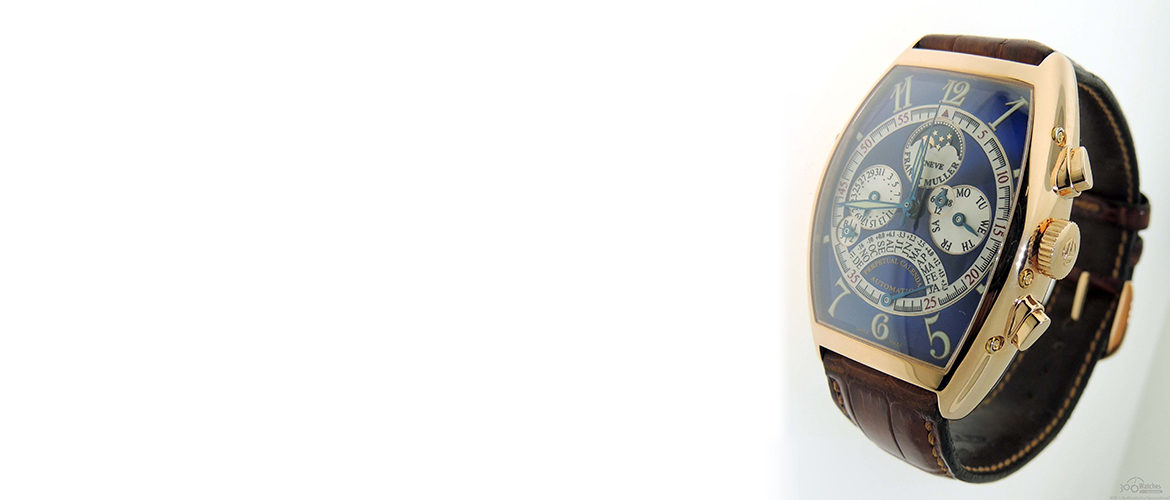What are Complications?

In our daily use of words a complication is, as defined by the Webster dictionary, “a situation, event, or condition that complicates or frustrates”, but when it comes to fine watches, the story is completely different. Don’t worry if the sales person tells you that there are many complications in the fine watch you plan to purchase because, oddly enough, that is a very good thing.
When the term is used in relation to watches, complications are a plus. They are the additional features of the watch that increase its functionality and value, so the more complications you have in your watch, the better!
Horologists say there are three main “grandes complication”: the Perpetual Calendar, the Tourbillon, and the Minute Repeater.
A Perpetual Calendar is more than just a date display, as it is capable of calculating the number of days in each and every month, even for leap years. Perpetual calendars usually are Gregorian-based, but there are also some other standards.
Tourbillion is the French word for whirlpool. It was created in the 1800s by Abraham Luis Breguet, when he was looking for a way to minimize the effects of gravity on watches. He found it by placing the balance wheel in such a way that it would rotate on its own axis. Tourbillions then were very delicate and today they are a collector’s item.
A Minute Repeater is almost like a talking watch. Created by Thomas Mudge, it makes one sound to indicate the hour, combines two sounds to indicate the quarter hours and makes another sound to indicate the minutes.
As mentioned before, those were the original complications, but nowadays many more can be found, such as chronometers, chronographs, moon phases, and more. The number of complications in a watch will play a really important role in the value of the watch and together with the design and the materials they are the features most coveted by collectors.
The world’s most complicated wristwatch is the Aeternitas Mega by Franck Muller. It features 36 complications and a calendar that covers one thousand years.
